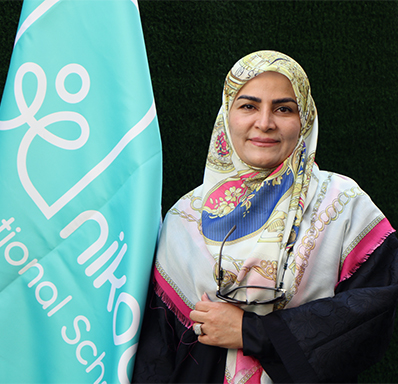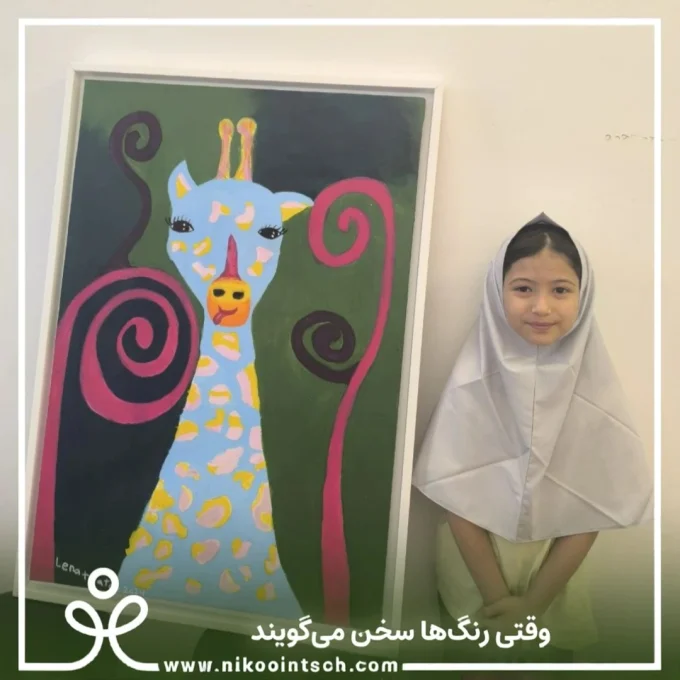Human rights and human dignity are among the most important principles that form the foundation of global peace and justice. These principles not only affect our daily lives but also play a fundamental role in building an equal and just society. Every year, Human Rights and Human Dignity Day is an opportunity to remind us of these foundational values and to strive for their promotion. This day is designated to honor the rights and freedoms that belong to all humans, regardless of race, gender, nationality, religion, or any other status.
Human rights are closely linked to the concept of human dignity, and these two concepts are so interconnected that one cannot be understood without the other. Respect for human rights is built on human dignity, and many social movements justify their actions based on human dignity. (Moka-Mubelo, 2017)
Principles of Human Rights and Human Dignity
Human rights are a set of fundamental rights that every individual inherently possesses simply by being human. These rights include the right to life, liberty, security, education, health, and participation in social and political life. Human dignity means respecting the value and worth of every individual, regardless of personal and social differences. The concept of human dignity is crucial in international human rights documents and is emphasized as the foundation of human rights in various international and national documents (Beitz, 2013)
The Role of Human Rights and Human Dignity in Education
Education, as one of the most important tools for promoting human rights and human dignity, plays a fundamental role in creating an aware and equal society. Human rights education can help students to:
- Become aware of their own and others’ rights: Human rights education helps students to understand their rights and responsibilities and to be aware of the rights of others.
- Promote human values: Teaching values such as respect, empathy, and justice can strengthen social solidarity and reduce discrimination and violence.
- Encourage active participation: Students who are aware of human rights and human dignity are more likely to participate in social and political activities and can play an active role in improving society.
Educating students on human rights and human dignity establishes a solid foundation for creating a just and equal society and plays a crucial role in nurturing informed and responsible generations.
DR.Maryam Delavar

Challenges and Solutions for Promoting the Culture of Human Rights and Human Dignity
Despite the importance of human rights and human dignity, challenges such as discrimination, inequality, and human rights violations still exist in many parts of the world. To address these challenges, the following actions can be considered:
- Promoting human rights education in schools: Schools can raise students’ awareness of these issues by offering educational programs related to human rights.
- Increasing public awareness: Media and non-governmental organizations can raise society’s sensitivity to the importance of human rights and human dignity by conducting campaigns and awareness programs.
- Strengthening supportive laws and policies: Governments should support these values by drafting and implementing laws and policies that protect human rights and human dignity.

Introduction of Books on Human Dignity and Human Rights
- A Theory of Justice by John Rawls: This book is one of the most important works in political and moral philosophy, addressing justice and human rights.
- The Law of Peoples by John Rawls: This book also deals with issues related to human rights and global justice and serves as a complement to “A Theory of Justice”.
- The Idea of Human Rights by Charles Beitz: This book examines the concept of human rights and its place in the international system.
- Human Rights: A Very Short Introduction by Andrew Clapham: This book offers a concise and comprehensive introduction to human rights, suitable for the general audience.
- The International Human Rights Movement: A History by Aryeh Neier: This book provides a comprehensive history of the international human rights movement.
Promoting Human Dignity and Human Rights through Educational Films
- The Dot: This short animation talks about the importance of self-belief and respect for individual talents, even in the face of challenges and differences.
- A Single Life: This short animation explores the life of a woman through her various experiences and their impact on her understanding of life and human dignity.
- Caged: This animation addresses the theme of freedom and human rights and symbolically explores individual emotions and freedoms.
Human Rights and Human Dignity at Nikoo
On the occasion of Human Rights and Human Dignity Day, the Nikoo International Educational Community commemorates this day. We believe that education on human rights and the promotion of human dignity should be a priority in our educational system. By strengthening these principles in schools, we can nurture a generation that is aware, responsible, and committed to building a more just and equal society.












